D-BAUG News
“Vertical extensions of buildings are becoming a key option for urban redevelopment”
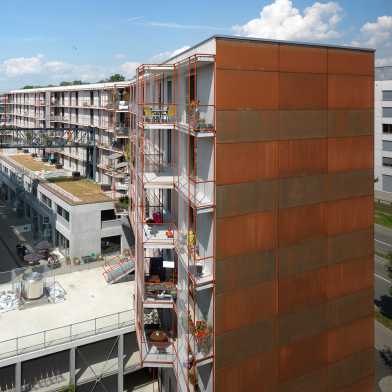
Why are more new housing units being constructed in Geneva each year, while Zurich is seeing a decline? Why are older residential buildings in Basel, Geneva and Lausanne being vertically extended, while they are being demolished and replaced in Zurich? ETH researchers provide new answers to the role of housing construction and its social impact.
Shaping a Resilient Future: SBE25 Begins in Zurich
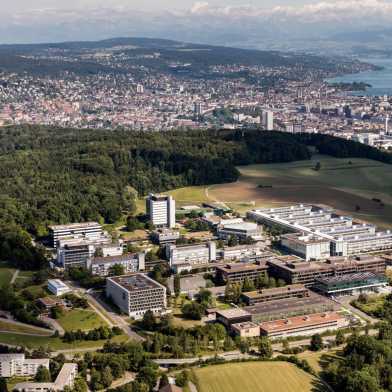
This week marks the opening of SBE25 – Sustainable Built Environment Conference, hosted in Zurich from 25 to 27 June 2025 under the theme “Shaping Tomorrow: Systems Thinking in the Built Environment.” The event brings together more than 400 participants from across the globe to explore how holistic thinking can unlock a just and climate-resilient future for our built environment.
D-BAUG opens its doors to secondary school students
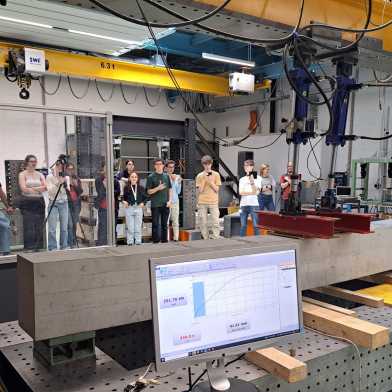
By taking part in the ETH Study Weeks 2025, the Department of Civil, Environmental and Geomatic Engineering (D-BAUG) at ETH Zurich reaffirmed its commitment to promoting and raising awareness of its study programmes. Of the 134 pupils who were distributed across seven different disciplines, 22 applied to participate in the Civil Engineering programme, while 16 chose Environmental Engineering.
Venice Biennale: Golden Lion for climate-resilient architecture
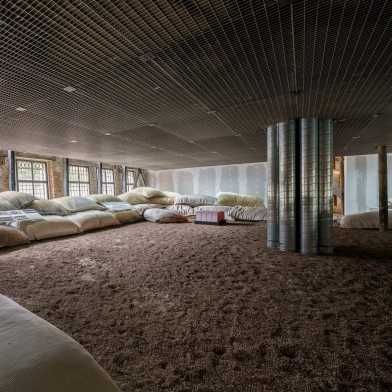
The Golden Lion for the best national contribution at the 2025 Architecture Biennale in Venice was awarded to the Bahrain Pavilion – a project focused on heat-adapted architecture with original contributions from Professor Alexander Puzrin. In total, five projects involving the Department of Civil, Environmental, and Geomatic Engineering at ETH Zurich are on display at the Venice Biennale. They illustrate how research and technology can pave new ways for sustainable construction.
What ETH glacier researchers know about the collapse of the Birch Glacier
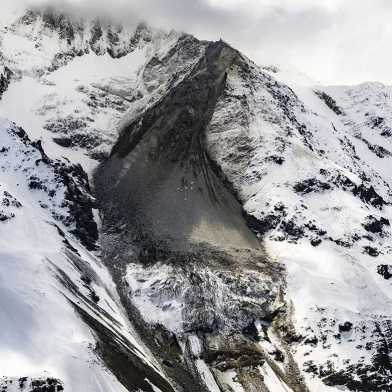
On Wednesday, the glacier known as Birchgletscher collapsed under the weight of rock and debris from rock avalanches on Kleines Nesthorn. In a factsheet, ETH researchers explain the background to the catastrophic collapse that buried the village of Blatten.
Save twice the ice by limiting global warming
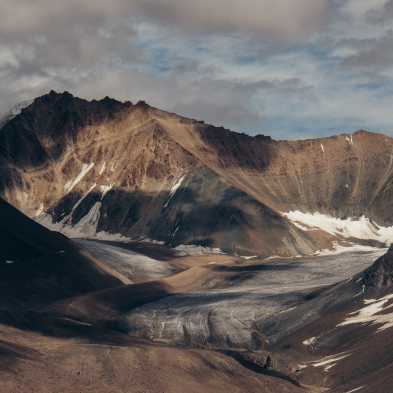
A new study with ETH Zurich, finds that if global warming exceeds the Paris Climate Agreement targets, the non-polar glacier mass will diminish significantly. However, if warming is limited to 1.5°C, at least 54 per cent could be preserved—more than twice as much ice as in a 2.7°C scenario.
Why slower-sinking microorganisms are bad news for the climate
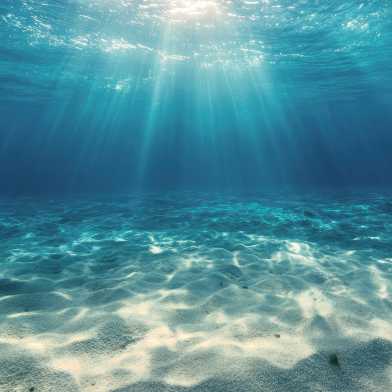
Organic particles that settle on the seabed ensure CO2 stays locked. However, natural gel-like substances slow down this process. Such microscale mechanisms play a crucial role in enhancing climate predictions.
D-BAUG Annual Report 2024 online
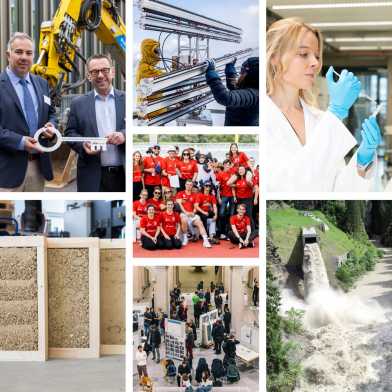
With ten institutes, over six hundred staff members and almost a thousand publications each year, the Department of Civil, Environmental and Geomatic Engineering is at the forefront of addressing some of the most urgent issues of our time. The 2024 Annual Report showcases our most significant accomplishments in research, teaching, and knowledge transfer. It also provides insights into our donors and partners, as well as detailed facts and figures.
How bacteria swim without food – and why it matters for the climate
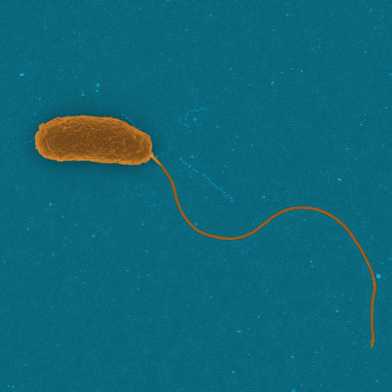
Marine bacteria control how much CO2 is stored in the oceans, by swimming after and degrading sinking particles that would otherwise remain stored in the ocean for millennia. Researchers have discovered that some bacteria can swim for several days without food while searching for these particles, losing body weight in the process. Understanding how marine bacteria do this may lead to a better prediction of marine carbon storage capacity and climate mitigation.
Old water, new insights
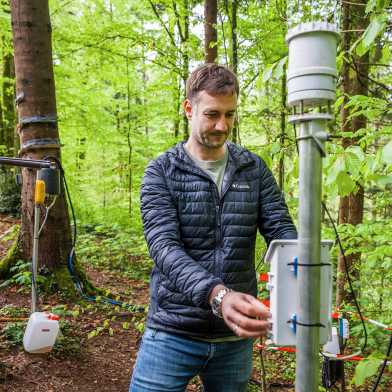
Five years ago, an experiment began at ETH Hönggerberg: researchers set up an outdoor laboratory in the forest near the campus. They used sensors positioned in trees, the soil and in a stream to study water dynamics and the “old water paradox”. ETH News accompanied the head of the experiment, Marius Floriancic.